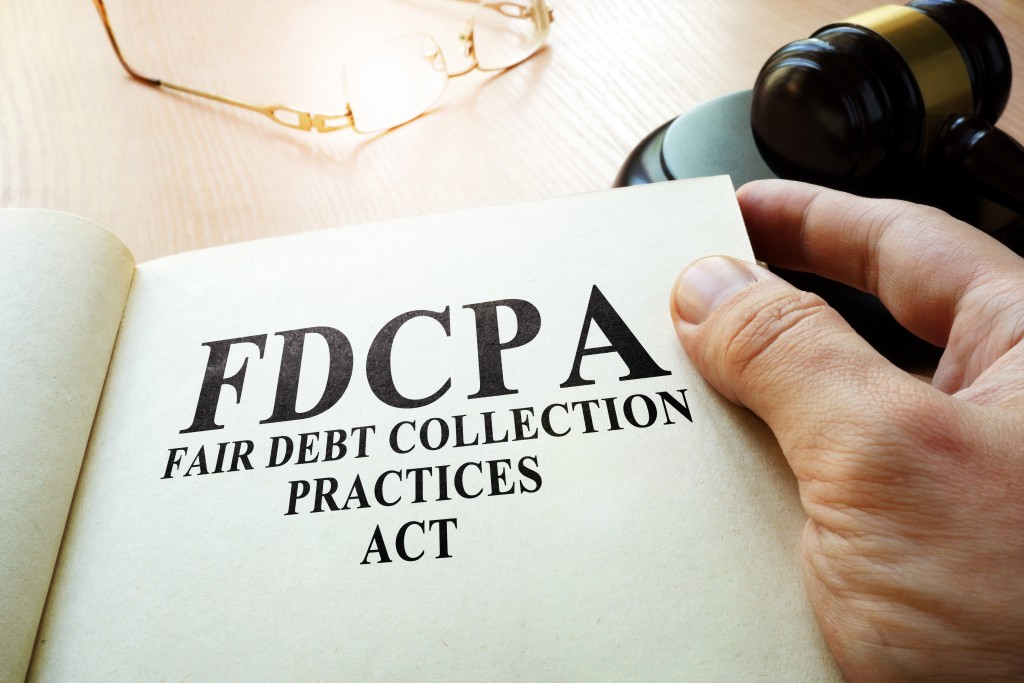For most people, debt is the only thing that can help them live a comfortable life. Some use debts to pay for their needs while some only use it for their wants. At the end of the day, these are still money you owe to other people or businesses which you need to pay. Even before the Covid-19 crisis, many have been debt-ridden due to their multiple credit card debts, student loans, car loans, and mortgages. Now, more people are struggling to survive, let alone pay their monthly due dates after the pandemic left them jobless.
Many companies, ranging from financial institutions to healthcare providers turn to professional debt collectors as a final attempt to urge their debtors to pay their bills. People often fear experienced debt collection agents and would do anything just to avoid taking matters to court. This is especially true if they know they owe the money and are likely to lose the case.
No one wants to get sued just because they failed to pay their creditors on time. But then, this is the only way creditors can legally ask debtors to pay their debt. As a matter of fact, creditors now use the law as their main tool for collecting overdue payments.
Debt Collection During the Pandemic
Many lost their jobs to the crisis. This made it impossibly hard to pay for their monthly debts. The good news is, banks, businesses, and other creditors were much more forgiving to their debtors.
Consumers were given more time to make payments. Creditors even waived late and interest fees as an attempt to help their clients during these challenging times. Even the government tried hard to ban debt collection during the crisis.
Some states paused garnishment, stopped debt collection lawsuits, and limited what collectors can do while there is still a pandemic. Evictions, shutoffs, and foreclosures were also temporarily halted while those who owe student loans did not have to pay their dues and interests from March 13 to September 30, 2020.
But since economies are starting to open and people are slowly getting new jobs or were called back by their old employers, creditors are now making their move. After months of waiting, they are slowly coming out to get people and have them pay their dues. This goes to show that the government can only protect its people by ensuring the debtor’s rights are exercised in court.
Knowing One’s Rights as a Debtor

You should know your rights when it comes to debt collection. Knowing your rights if ever your debt was sent to a collection agency will give you better peace of mind. If you are not familiar with the Fair Debt Collection Practice Act, then it is time to familiarize yourself with your rights. Usually, debt collectors:
- Can only contact you during your agreed times and places
- Can send text messages and emails or call you to collect the debt
- Can’t discuss your debt with anyone else besides your spouse and attorney
- May only call other people only once to find out your contact details
- Are not allowed to lie, harass you or engage in other
- unfair practices
- Can take money from your paycheck or bank account but only after winning a court order
What to Do if You Get Sued for Debt?
Your creditor will file an official complaint stating why they are suing you in the first place and what they want to get from you and your co-signer if you have any. You will be notified along with a copy of the creditor’s complaint and the court summons. The court summons will tell you how to file a formal response, when to do this and when the court hearing will be.
You must respond to the complaint and file your response in court within the allotted time. Review your record and see if the creditor is your original creditor when the debt was made and check if it already passed the statute of limitations or not.
After gathering information, make sure you get in touch with your lawyer so you can write a response to the lawsuit. You can ask them about the terms you don’t understand and if you have the chance to win the case or not. Make sure to tell that everything you know especially if you think you should not pay the creditor.
You can opt to reach out to the creditor and see if you can either settle for less than the amount owed or a prepayment plan. If there is no way you can pay your creditor and you owe the debt, you have other options such as pursuing bankruptcy. If you don’t owe the debt, this might be a case of identity theft which requires your immediate action.
Failure to make timely debt payments have corresponding consequences. If, in case, your creditors sue you, know that your best course of action is to take action immediately. Ask the help of a reliable lawyer so you can have a better understanding of what steps you can take next.

